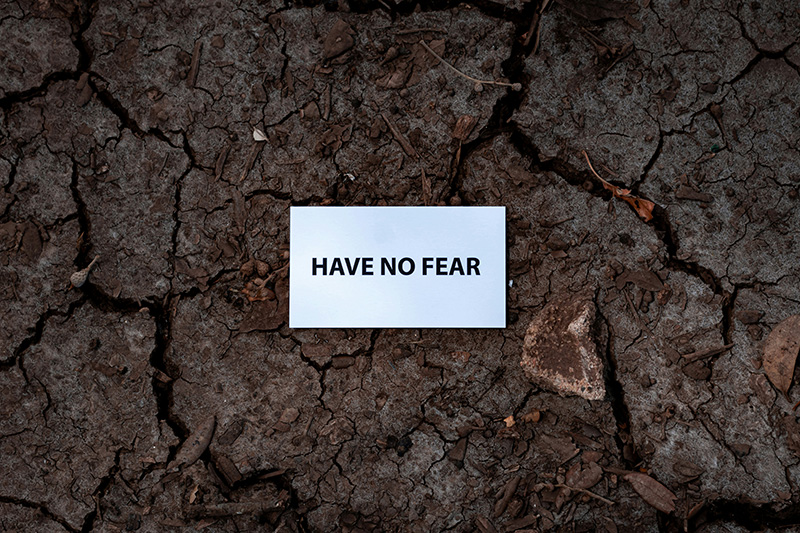 In every creative-writing class I teach, I provide a list of 97% Writing Rules—97% because every rule will have a few exceptions.
In every creative-writing class I teach, I provide a list of 97% Writing Rules—97% because every rule will have a few exceptions.
But good writing is good writing. My 97% Writing Rules include wisdom from masters: Annie Lamott on writing shitty first drafts; Joan Didion's On Keeping a Notebook; Stephen King's “The road to hell is paved with adverbs”; Natalie Goldberg's advice to write “the worst junk in the world”; Walter Mosley's “The beautiful thing about any day is that any day ‘it' can happen… I'm moving forward.”
But rule No. 1 is this: Watch out for when you are trying to be The Writer.
Unseasoned writers invariably worry that they have no distinctive, recognizable voice, one that will inspire readers to gush, “This couldn't have been written by anyone but [fill in your name].”
The solution: Write and write and write, and as you do, cease trying to be The Writer. What do I mean by that?
I mean that if you marvel at the sky's blueness, avoid describing that sky as azure. Consider this: If you insist that Joe may not simply say, “I hate you,” but must instead stridently state, “I hate you,” you may be trying too hard to be The Writer. If you're describing the river flowing and you write, “The water cautiously tiptoed its uneven and rocky way downstream,” you may be more concerned with being The Writer than in listening to your voice.
A few tips:
- As you write, listen to that inner voice — it may not be your speaking voice, but it will sound familiar to you.
- After you write a shitty first draft, go back and circle the sentences you love — the sentences you love because they sing to you. They may not have your favorite words, or they may be grammatically ugly, but if you feel a tug towards a sentence, it's because it holds an element of what you are trying to say, without artifice.
- After you circle those sentences, sit down and start a new page that begins with one of them. This is a looping game: You can play it again and again, always starting with a sentence you love from a first or second or third shitty draft.
- Study those sentences you love and compare them with the sound of those that roll around in your head. Take note of what you discover.
- As you write, pay attention to the rhythms you hear and feel. Try tapping your foot or fingers or bobbing your head to the rhythm of the voice you hear.
- Stop editing as you write. You won't find your voice if you're busy editing while you're meant to be writing. Give the words you write some time to breathe before you crash their party with your red pen or the delete key.
In other words, write and write and write, and let yourself learn to listen for your genuine voice as you silence that demon the Faux Writer, who may invariably and persistently be trying to intrude.
- Tips for Overcoming Common Fears About Writing Memoir - February 21, 2024
- 3 Reasons to Write a Book Proposal for Your Nonfiction Book - March 24, 2023
- Finding a Literary Agent - November 7, 2022



